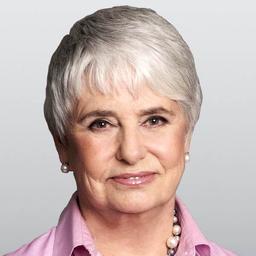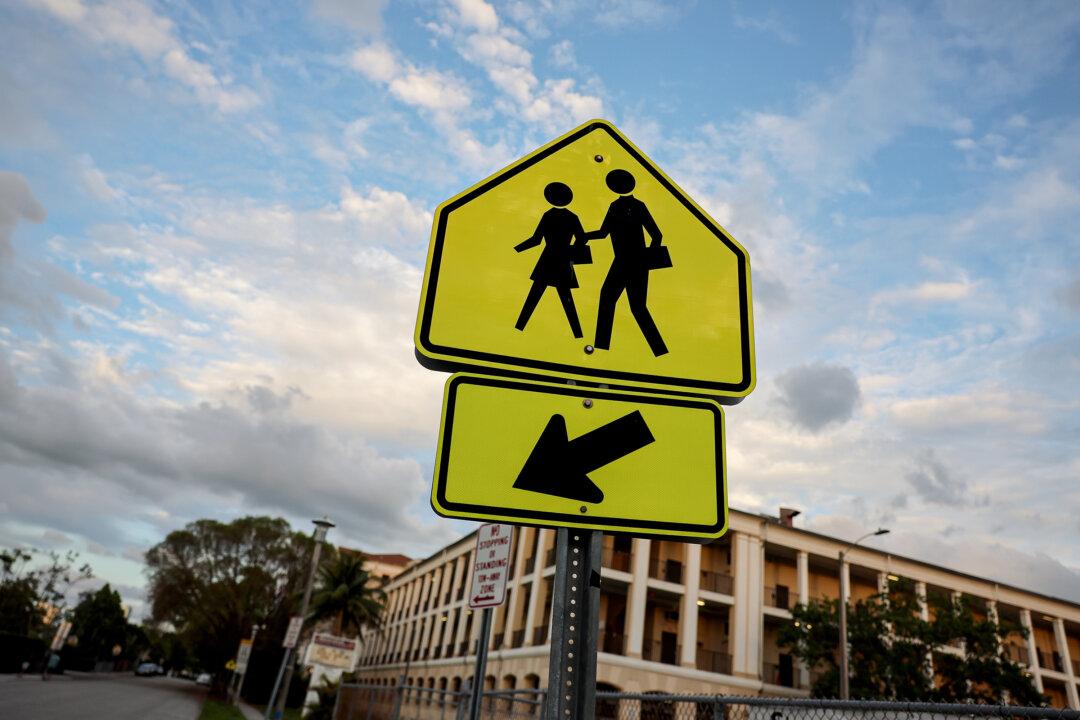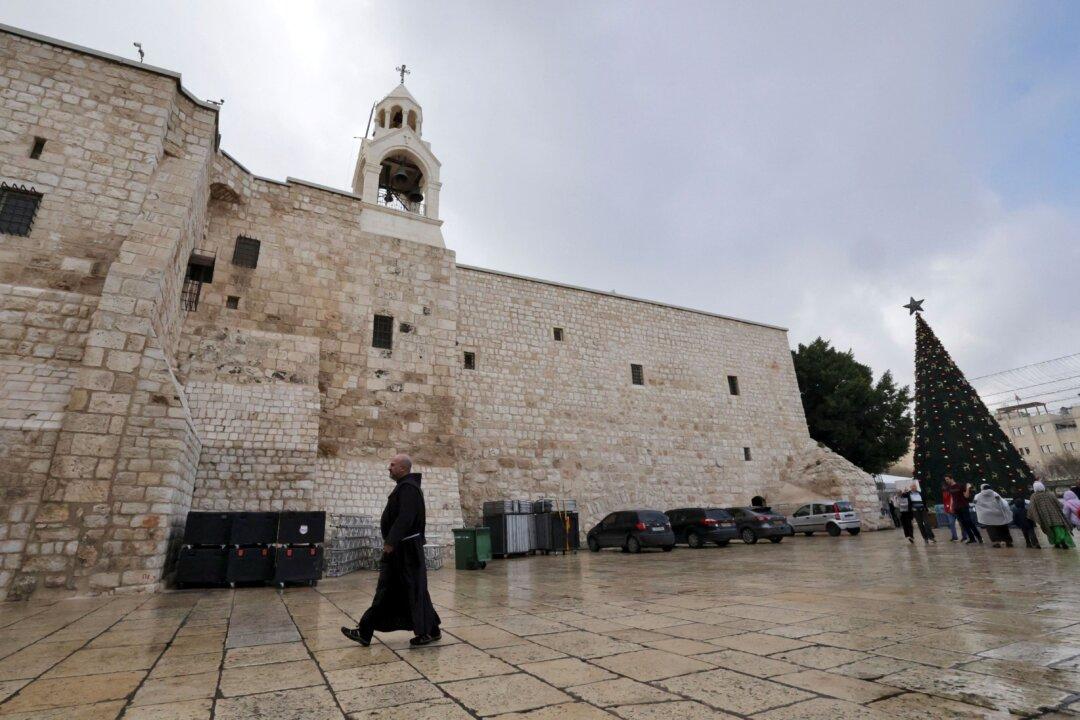Commentary
Now that the federal election is over, we Montrealers are turning our attention to the city’s mayoralty elections, scheduled for Nov 7. The two viable candidates are incumbent Valérie Plante of the Projet Montréal party and her predecessor Denis Coderre of Ensemble Montréal, who is seeking a comeback. Together their parties command 97 percent of the available seats.





